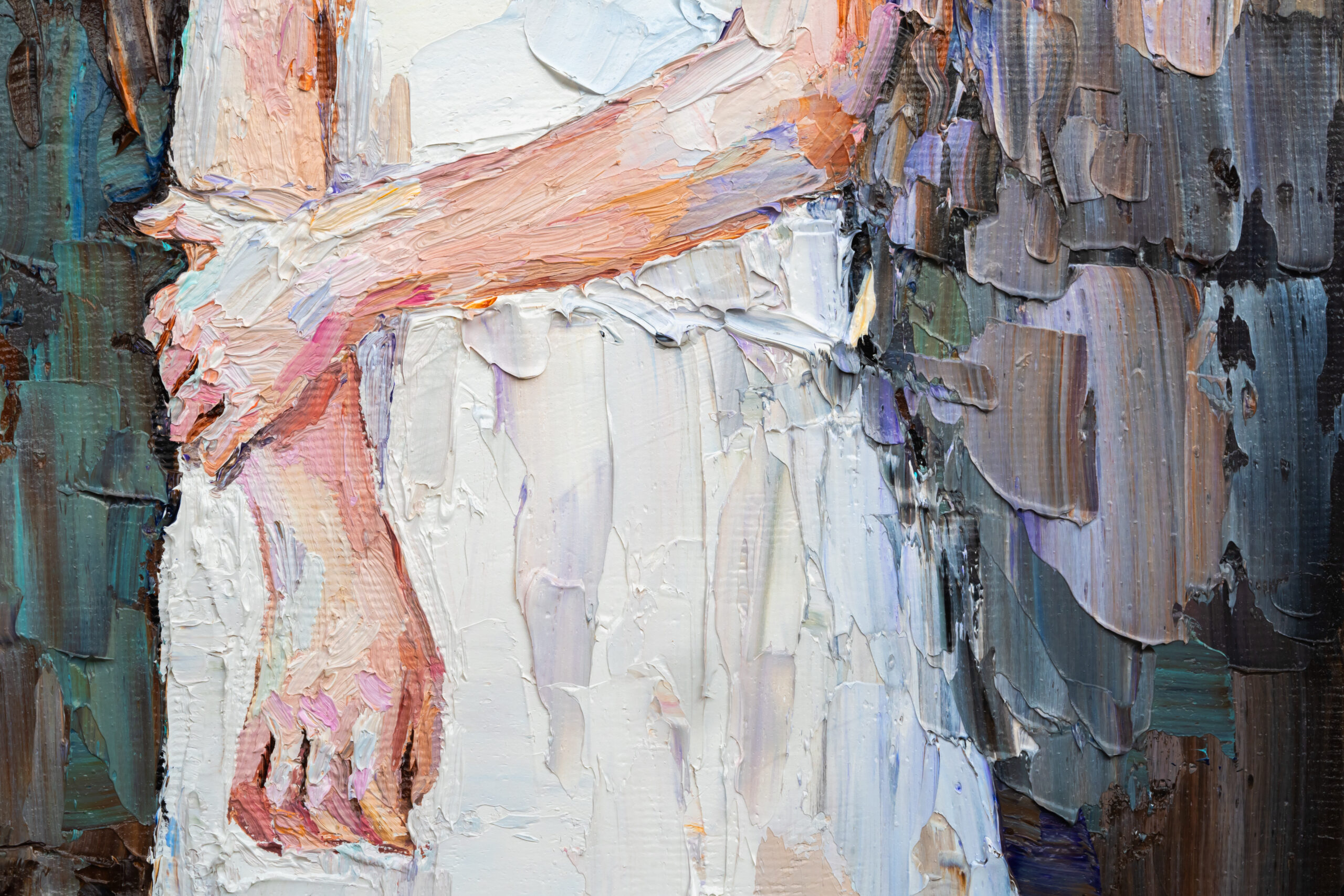Are there menopause resources for artists
Menopause is a significant life transition that affects millions of women worldwide. While it’s often discussed in medical terms, there’s a growing interest in exploring menopause through art and creative expression. This approach not only helps artists navigate their own experiences but also provides a unique platform for raising awareness and fostering community.
One notable example is **HOT: The Exhibit**, a month-long artistic exploration of perimenopause. This project combines art, discussions, health panels, and a play to spark conversations about a topic often overlooked. By engaging artists and health professionals, it aims to create a more open dialogue about the physical and emotional changes women face during this phase.
In addition to exhibitions, workshops like **Menopause as Muse** offer a creative outlet for women to reframe their menopause experience. These sessions encourage participants to express themselves authentically, challenging traditional narratives around menopause. By focusing on creativity and self-expression, these workshops provide a supportive environment where women can connect and find inspiration.
Community events, such as the screening of **The M Factor** in Livermore, also highlight the power of art in menopause education. These events use poetry, storytelling, and expert dialogue to make health information more accessible and engaging. They emphasize the importance of inclusive health education, especially for marginalized groups.
Art classes specifically designed for women in menopause, like those promoted by Dr. Kay Corpus, offer another avenue for creative expression. These classes encourage women to focus on themselves and their artistic journey, providing a therapeutic outlet during a significant life transition.
In summary, there are indeed resources for artists exploring menopause, ranging from exhibitions and workshops to community events and art classes. These initiatives not only support personal creativity but also contribute to a broader cultural shift, making menopause a more openly discussed and understood topic.





